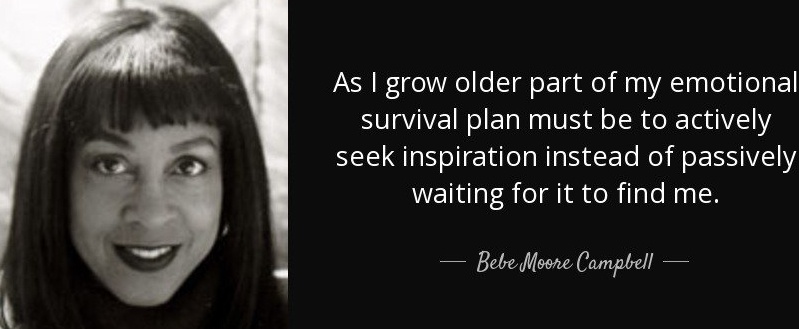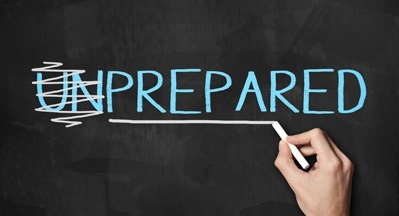 An active shooter incident is something no nurse wishes to experience. Unfortunately, these situations can, and do, happen at healthcare organizations across the country.
An active shooter incident is something no nurse wishes to experience. Unfortunately, these situations can, and do, happen at healthcare organizations across the country.
These incidents are becoming more common, and although they are still rare compared with other shooting sites, incidents have increased in health care facilities. Agencies such as the Federal Bureau of Investigation, The Joint Commission, and the Emergency Nurses Association have emphasized that an action plan and training are essential for hospital preparedness.
Here are some resources to help us all be prepared for an active shooter incident.
- Many victims say, “I didn’t know what to do,” or “I was just waiting my turn to be shot.” The important lesson here is to tell people in an active shooter situation to do something. Time is a valuable commodity, and by doing something, one takes some time away from the shooter.
- 63% of active shooter incidents are in commerce or an education environment, but no place is off limits.
- Active shooter incidents typically evolve quickly and end (historically) within 10 to 15 minutes; 36% end before the police arrive.
- Be prepared:
- Mental preparation – Chaos and panic will occur. As best as you are able, trust your instincts, breathe, and remain calm.
- Sounding the fire alarm is NOT recommended. The potential negative consequences outweigh the benefit.
- People are complacent with fire alarms.
- People won’t think “active shooter.”
- Role of police – Police officers are there to neutralize the threat, not treat injured.
- Three options (you may have to do all three):
- Run – If you have an opportunity to escape, do so.
- Hide – Don’t let anyone in.
- Fight – Fight for your life with whatever you have. There is power in numbers and the shooter is typically not looking for a fight.
How to react when law enforcement arrives:
- Remain calm, and follow officers’ instructions
- Put down any items in your hands (i.e., bags, jackets)
- Immediately raise hands and spread fingers
- Keep hands visible at all times
- Avoid making quick movements toward officers such as holding on to them for safety
- Avoid pointing, screaming and/or yelling
- Do not stop to ask officers for help or direction when evacuating, just proceed in the direction from which officers are entering the premises
Information to provide to law enforcement or 911 operator:
- Location of the active shooter
- Number of shooters, if more than one
- Physical description of shooter/s
- Number and type of weapons held by the shooter/s
- Number of potential victims at the location
A survey by the Journal of Emergency Nursing shows that out of 202 Emergency Nurses and staff members who participated in active shooter training, 92% felt better prepared to respond if a shooting occurred at their facility.
Every healthcare facility is required to have an emergency action plan. Most of them conduct training exercises to prepare staff for emergency situations such as a fire emergency or bomb threats, but when it comes to dealing with an active shooter situation, most Nurses have no idea how to react because they aren't prepared for it.
We hope this information is helpful and that you never have to use it. If you have anything you’d like to add, please share it here.


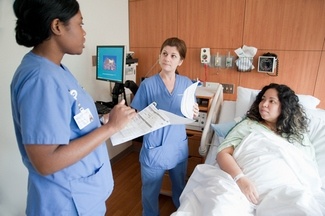 The Joint Commission
The Joint Commission 
 Abuse occurs in many areas of society and takes
Abuse occurs in many areas of society and takes  Substance Use Disorder can affect anyone regardless of age, ethnicity, gender, economic circumstance or occupation. Substance Use Disorder in Nursing is one of the most serious problems facing the profession today.
Substance Use Disorder can affect anyone regardless of age, ethnicity, gender, economic circumstance or occupation. Substance Use Disorder in Nursing is one of the most serious problems facing the profession today. 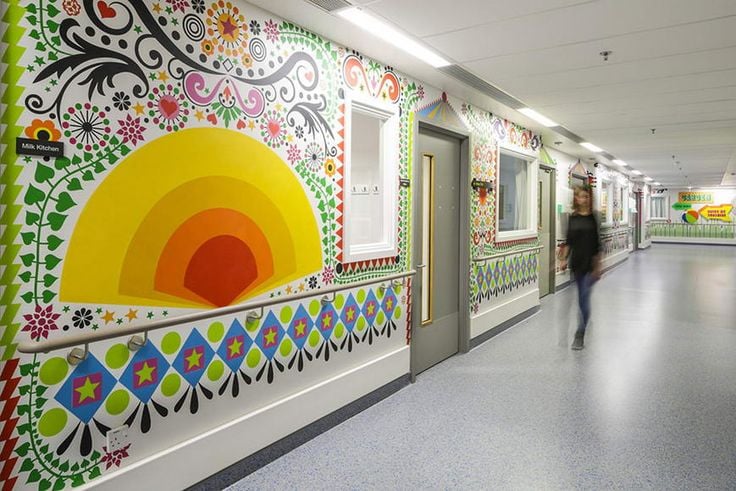 According to Penn State College of Medicine
According to Penn State College of Medicine 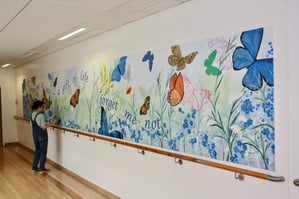 According to
According to 
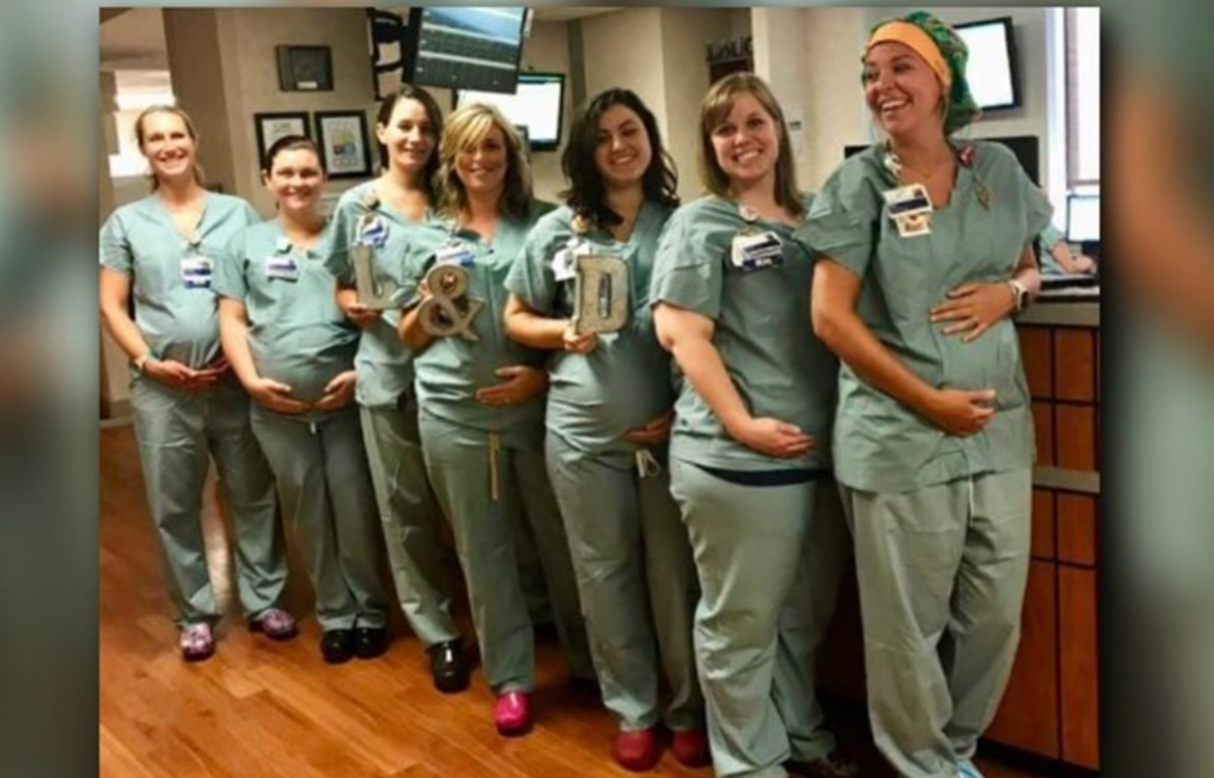 Party of 7
Party of 7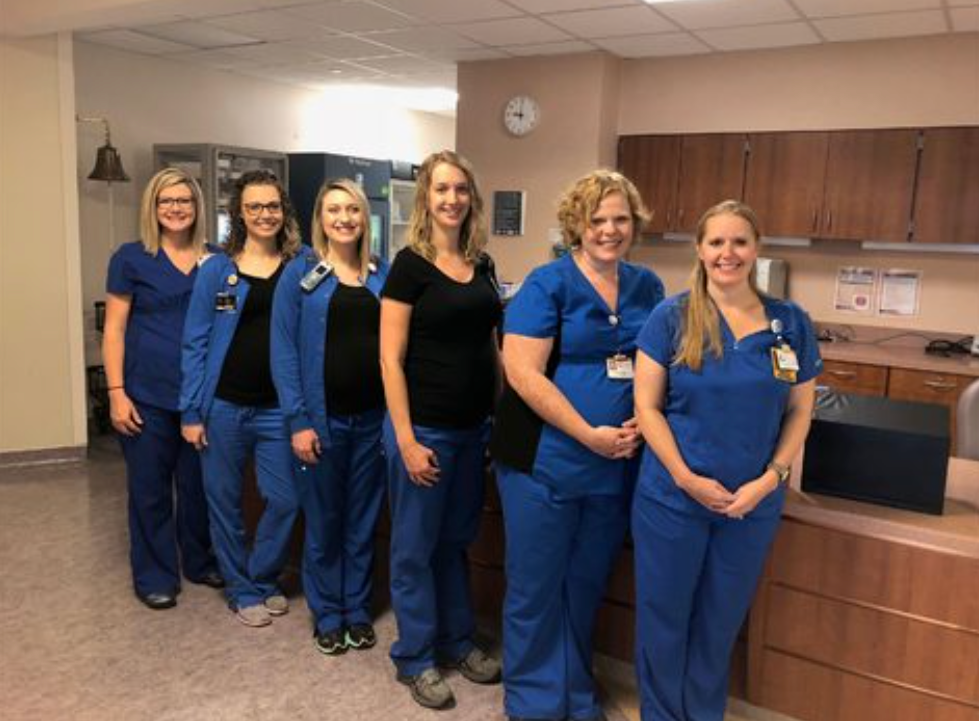 "The 6-pack"
"The 6-pack"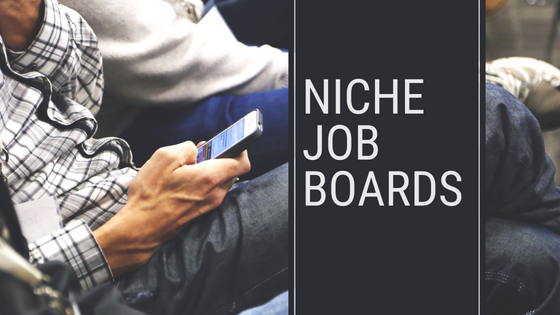
 Frontier Nursing University (FNU) has been awarded the Advanced Nursing Education Workforce (ANEW) grant from the Health Resources and Services Administration (HRSA). The grant totals $1,376,800 in funding from 2018-2020, including $600,000 in student scholarships.
Frontier Nursing University (FNU) has been awarded the Advanced Nursing Education Workforce (ANEW) grant from the Health Resources and Services Administration (HRSA). The grant totals $1,376,800 in funding from 2018-2020, including $600,000 in student scholarships. The United States has a massive Nursing shortage, and the problem is only going to grow. Due to an influx of patients into our health system, the retirement of baby boomers, and educational obstacles, Nursing positions aren’t being filled fast enough to keep up with demand.
The United States has a massive Nursing shortage, and the problem is only going to grow. Due to an influx of patients into our health system, the retirement of baby boomers, and educational obstacles, Nursing positions aren’t being filled fast enough to keep up with demand.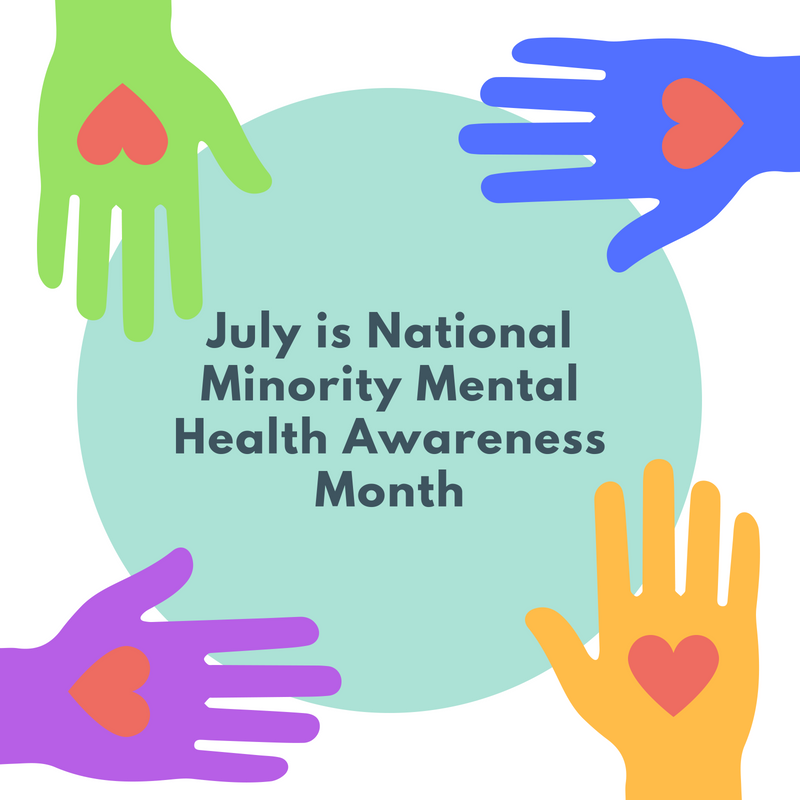 Mental health conditions do not discriminate based on race, color, gender or identity. Anyone can experience the challenges of mental illness regardless of their background. However, background and identity can make access to mental health treatment much more difficult.
Mental health conditions do not discriminate based on race, color, gender or identity. Anyone can experience the challenges of mental illness regardless of their background. However, background and identity can make access to mental health treatment much more difficult.